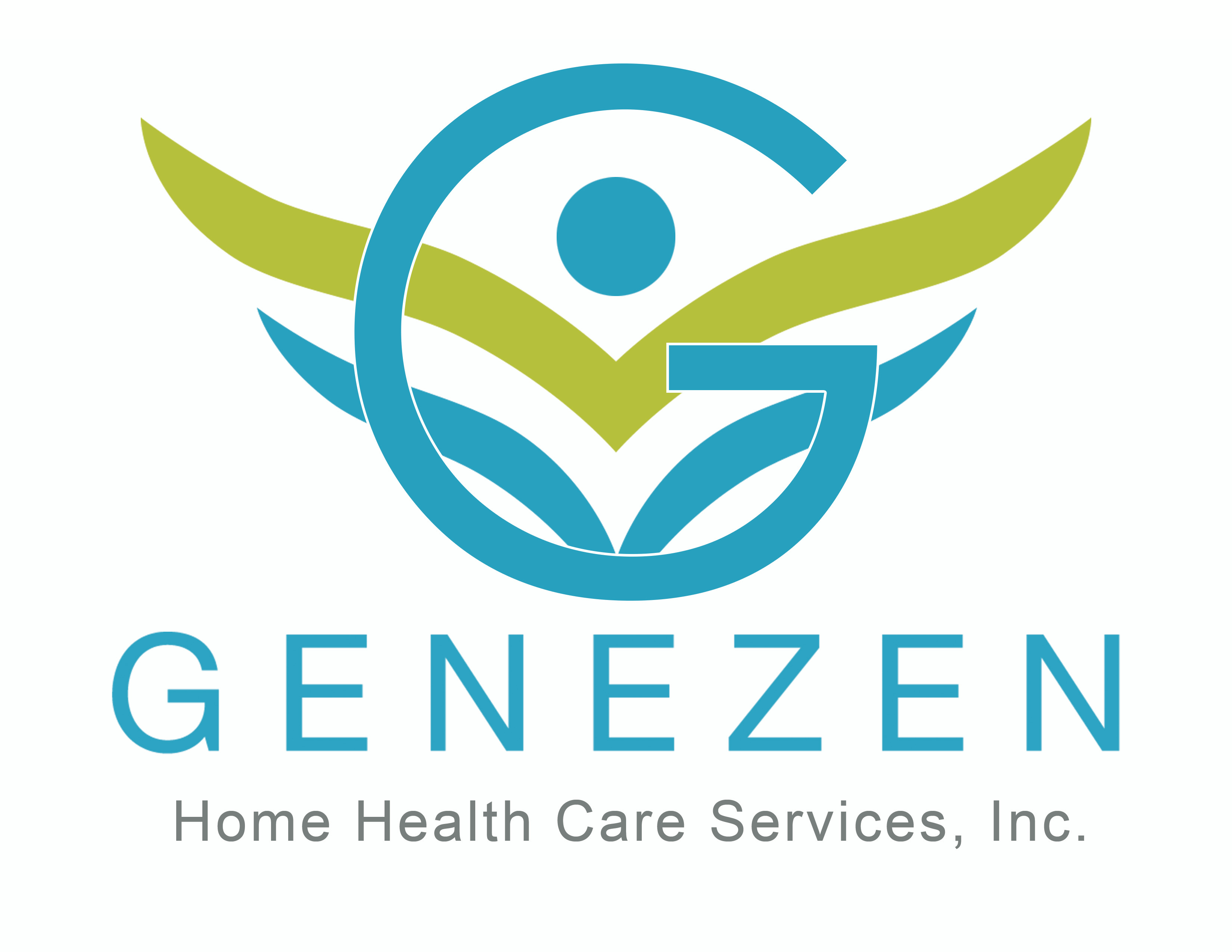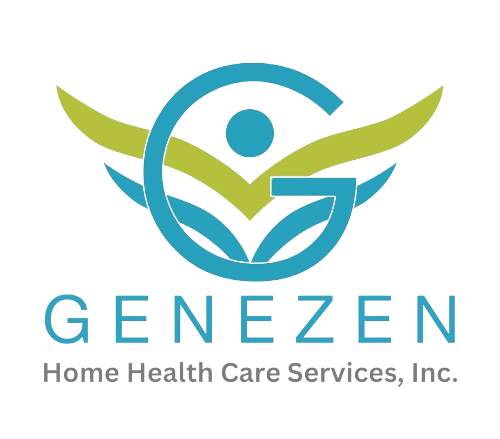Skilled nursing care plays a vital role in supporting patients who require specialized medical attention and rehabilitation. With an aging population and increasing cases of chronic health conditions such as heart disease, diabetes, and neurological disorders, the demand for skilled nursing care continues to grow. Skilled nursing care ensures that patients receive professional medical treatment from licensed nurses and therapists, helping them recover from surgeries, manage complex health issues, and improve their overall quality of life.
Understanding the qualifications for skilled nursing care is essential for families and caregivers navigating care options. Not all patients meet the criteria, and knowing what factors are considered—such as medical necessity, physician recommendations, and functional limitations—can help families make informed decisions. This article will clarify the key qualifications for skilled nursing care and provide essential guidance for families and caregivers.
What is Skilled Nursing Care?

Skilled nursing care refers to specialized medical care provided by licensed healthcare professionals, including registered nurses (RNs), licensed practical nurses (LPNs), and certified therapists. This type of care involves medical treatments and rehabilitation services that require clinical expertise and supervision. It is designed to help patients recover from illnesses, injuries, or surgeries while managing chronic health conditions.
What Qualifies a Patient for Skilled Nursing Care?

Determining whether a patient qualifies for skilled nursing care involves evaluating their medical condition, functional limitations, and healthcare needs. Skilled nursing care is designed for patients who require specialized medical treatment and monitoring by licensed professionals. Meeting specific medical, functional, and insurance-related criteria is essential to qualify for these services.
1. Medical Conditions and Health Status
Patients may qualify for skilled nursing care if they have:
- Recovery from Surgery or Hospitalization: Post-operative care to monitor healing and prevent complications
- Management of Chronic Illnesses: Ongoing medical support for conditions like diabetes, heart disease, and COPD
- Neurological Disorders: Rehabilitation and care for patients with stroke, Parkinson’s disease, or multiple sclerosis
- Severe Injuries Requiring Rehabilitation: Treatment and therapy for fractures, head injuries, and mobility issues
2. Physician’s Recommendation and Certification
To qualify for skilled nursing care, a patient typically needs:
- Doctor’s Assessment and Order: A physician must evaluate the patient’s condition and determine the need for skilled nursing care
- Certification of Need: A written order or certification confirming that the patient requires ongoing medical care
3. Functional Limitations
Functional difficulties that may qualify a patient for skilled nursing care include:
- Difficulty with Mobility and Independence: Inability to walk or perform daily tasks without assistance
- Need for Medical Assistance: Help with medication management, wound care, and physical therapy.
4. Insurance and Medicare/Medicaid Requirements
Insurance coverage plays a key role in qualifying for skilled nursing care:
- Medicare Guidelines: Medicare typically covers skilled nursing care if the patient has had a hospital stay of at least three days and requires ongoing medical care.
- Private Insurance and Medicaid: Coverage criteria vary based on the policy and the type of care required
Types of Skilled Nursing Care Services

Skilled nursing care encompasses a wide range of medical and therapeutic services designed to support patients recovering from illnesses, surgeries, and chronic conditions. These services are provided by licensed healthcare professionals and tailored to meet each patient’s unique needs. Skilled nursing care can be divided into three main categories: medical services, rehabilitation services, and specialized care.
1. Medical Services
Medical services focus on direct healthcare needs and ongoing monitoring to ensure proper recovery and management of health conditions:
- IV Therapy and Medication Management: Administration of medications, fluids, and nutrients through intravenous lines, with careful monitoring of side effects and effectiveness
- Wound Care and Dressing Changes: Cleaning, dressing, and monitoring wounds to prevent infection and promote healing
- Vital Sign Monitoring: Regular tracking of heart rate, blood pressure, respiratory rate, and temperature to monitor health status and adjust care plans as needed
2. Rehabilitation Services
Rehabilitation services aim to restore a patient’s strength, mobility, and independence:
- Physical Therapy: Strengthening muscles, improving balance, and enhancing mobility through targeted exercises
- Occupational Therapy: Assisting patients with daily activities such as eating, dressing, and grooming to improve functional independence
- Speech Therapy: Helping patients with speech, communication, and swallowing issues following a stroke or neurological condition
3. Specialized Care
Specialized care addresses complex medical needs that require advanced clinical expertise:
- Respiratory Therapy:Managing breathing issues, administering oxygen therapy, and monitoring lung function.
- Feeding Tube Management: Ensuring proper nutrition and hydration through feeding tubes, with regular monitoring for complications
- Pain Management: Developing personalized pain control plans using medications and therapy to improve comfort and quality of life.
How to Determine If Skilled Nursing Care is Necessary

Recognizing when a patient requires skilled nursing care is crucial for ensuring they receive the appropriate level of medical support and rehabilitation. Skilled nursing care is typically recommended when a patient’s medical needs go beyond what family members or non-medical caregivers can provide. Understanding the signs and involving healthcare professionals can help families make informed decisions about transitioning to skilled care.
Signs That Skilled Nursing Care May Be Needed
- Frequent Hospital Visits: Repeated hospitalizations or emergency room visits may indicate that the patient’s condition is not being properly managed at home.
- Worsening Chronic Conditions: Progressive health issues, such as heart disease, diabetes, or respiratory problems, may require ongoing medical attention from skilled professionals.
- Increased Dependency on Caregivers: When a patient becomes more reliant on caregivers for medication management, wound care, or mobility support, skilled nursing care may be necessary.
Role of Healthcare Professionals in Assessing the Need for Skilled Care
- Medical Evaluation: Physicians and healthcare providers can assess the patient’s condition and recommend skilled nursing care based on their medical needs.
- Care Plan Development: Healthcare professionals create a personalized care plan, outlining the type and frequency of skilled nursing services required.
- Ongoing Monitoring and Adjustments: Skilled nurses and therapists continually monitor the patient’s progress and adjust the care plan as needed to support recovery and improve health outcomes.
How to Access Skilled Nursing Care

Accessing skilled nursing care involves understanding care options and choosing the right provider based on the patient’s needs. Skilled care can be provided at home or in a facility, each with its benefits and limitations.
A. Home Health Care vs. Skilled Nursing Facilities
- In-Home Skilled Nursing Care: Care provided by licensed professionals at the patient’s home.
- Pros: Comfort of home, personalized care, family involvement
- Cons: Limited access to medical equipment and emergency support
- Skilled Nursing Facilities – 24/7 care provided in a healthcare setting.
- Pros: Access to specialized care and equipment
- Cons: Less privacy, potential adjustment issues
B. Choosing a Skilled Nursing Provider
- Questions to Ask:
- What services are included?
- Are staff licensed and experienced?
- How are emergencies handled?
- Checking Certifications and Qualifications:
- Confirm Medicare certification and staff licensing.
- Review patient feedback and facility ratings.
Financial Considerations and Coverage
Understanding the financial aspects of skilled nursing care is essential for effective planning. Costs can vary depending on the type of care and insurance coverage available. Exploring different payment options helps families manage expenses and access necessary care.
- Medicare and Medicaid Coverage: Medicare covers skilled nursing care after a qualifying hospital stay, while Medicaid provides coverage based on income and eligibility.
- Out-of-Pocket Costs and Private Insurance: Patients may face co-pays, deductibles, and other expenses not covered by insurance.
- Financial Assistance Programs: State and federal programs, veterans’ benefits, and nonprofit organizations may offer financial support.
Key Takeaways for Families and Caregivers
Qualifying for skilled nursing care depends on medical needs, functional limitations, and healthcare recommendations. Patients recovering from surgeries, managing chronic conditions, or needing rehabilitation may benefit from skilled care. Consulting with healthcare providers ensures patients receive the right level of care, improving recovery and overall health outcomes.
Genezen Home Health Care provides high-quality skilled nursing care tailored to each patient’s unique needs. Our licensed nurses and therapists deliver professional care, including wound care, medication management, and therapy, all in the comfort of your home. Reach out to us today to learn more about how our skilled nursing services can support your recovery and well-being. Exploring skilled nursing care options can lead to better patient outcomes and improved quality of life.


